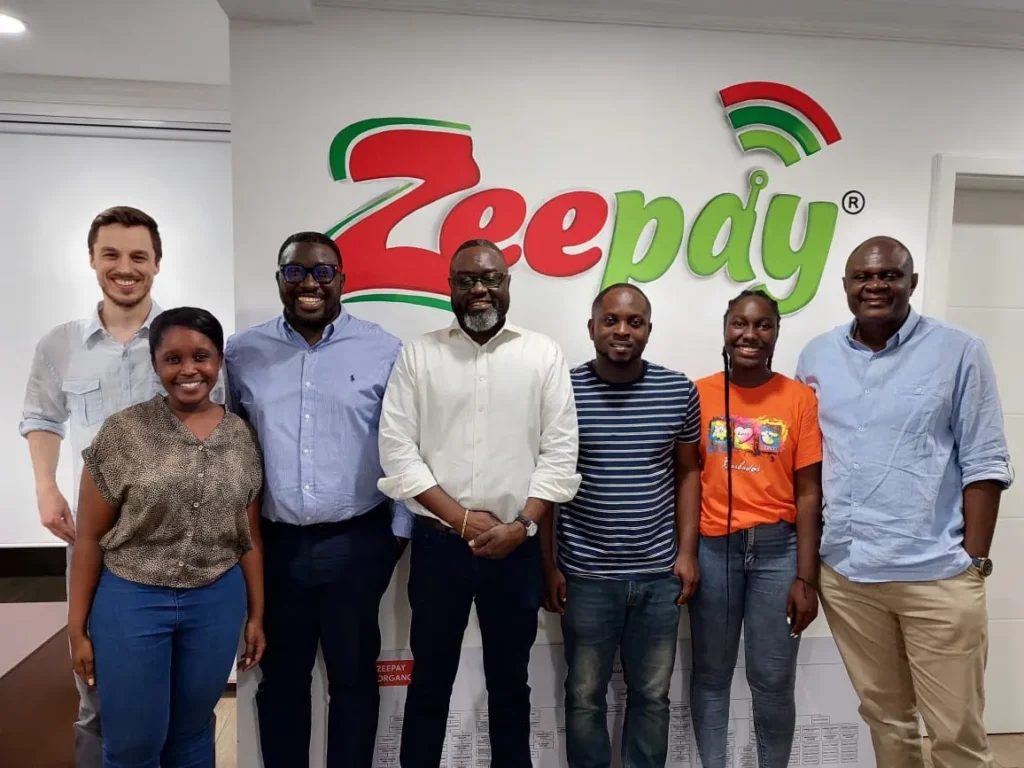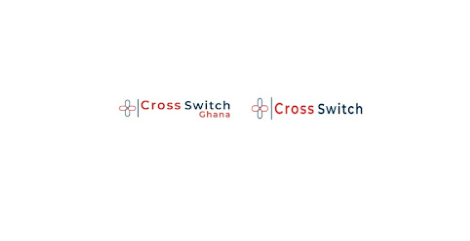The Bank of Ghana has announced that Brij Fintech Ghana, a licensed Payment Service Provider, has been approved to pilot a B2B currency swap platform known as BrijX. This platform facilitates direct currency swaps between the Ghanaian cedi and the Nigerian naira without relying on traditional foreign exchange channels. The announcement was made on Thursday, clarifying that the pilot began live testing in February 2025.
Read also: Global Bank, Lucy Insurance, Kacha jointly launch Agar to offer loans to taxi drivers in Ethiopia
BrijX enables easy cross-border transactions through digital integration
BrijX operates as a digital marketplace that collaborates with banks, mobile money operators, and licensed Payment Service Providers (PSPs) to enable seamless cross-border transactions.
The platform is currently conducting controlled testing of outbound transactions from Ghana to Nigeria for a select number of users, ensuring compliance with existing transaction limits. Brij Fintech Ghana is partnering with MobileMoney Limited (MTN MoMo) and G-Money Financial Services to test the product with their customers.
As part of the pilot, the Bank of Ghana has implemented strict regulatory controls, including transaction limits, restrictions on the number of participating customers, and a defined testing period, while ensuring full compliance with Anti-Money Laundering (AML) and Know Your Customer (KYC) standards.
A representative of Brij Fintech Ghana noted, “This pilot marks a step towards enhancing financial inclusion and cross-border trade efficiency. We are confident that BrijX will provide a reliable and innovative solution for businesses engaging in transactions between Ghana and Nigeria.” The Bank of Ghana’s Regulatory Sandbox provides a controlled environment for fintech companies to test innovative financial products while ensuring consumer protection and regulatory compliance.
Read also: Proparco supports Equity Group with €1 million to enhance climate-smart agriculture in Kenya
Regulatory framework and testing phase
The Bank of Ghana clarified that MobileMoney Limited, a provider of MTN MoMo, has not been licensed or authorised to conduct cross-border transactions. Instead, the BrijX pilot is a regulated initiative to revolutionise the region’s digital payments.
The central bank emphasised that the testing is strictly controlled, with measures such as transaction limits, a limited number of participants, a defined testing period, and full compliance with AML and KYC standards. At the end of the pilot phase, the Bank of Ghana will assess the platform’s performance to determine its viability in Ghana’s broader financial ecosystem and cross-border payment strategies.
The BrijX platform could transform currency exchange and trade between Ghana and Nigeria, potentially serving as a model for cross-border payments without dollarisation across Africa. The collaboration between Brij Fintech, MTN MoMo, and G-Money was recently recognised at the Ghana Fintech Awards, highlighting the potential impact of such partnerships in the fintech sector.









